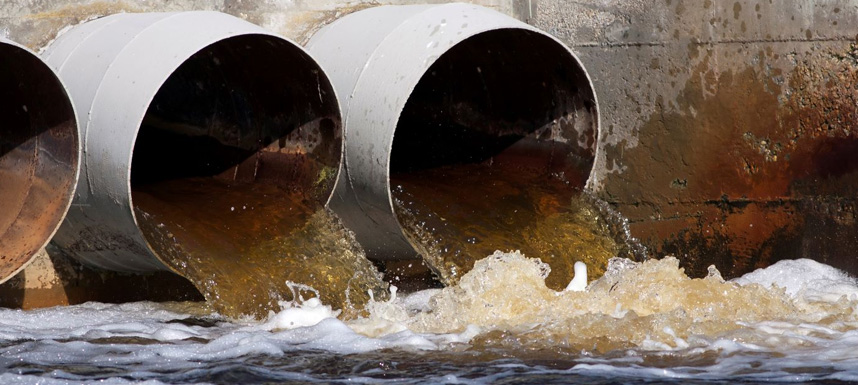
Exploring Physical Constituents in Wastewater: Characteristics, Solids, Particle Size, Turbidity, Color, Temperature, Conductivity, Density, and Specific Gravity
Wastewater, the byproduct of various human activities and industrial processes, presents a complex mixture of physical constituents that require careful analysis and management. Understanding the physical characteristics of wastewater, including solids content, particle size distribution, turbidity, color, temperature, conductivity, density, and specific gravity, is crucial for effective wastewater treatment and environmental protection.
Physical Characteristics of Wastewater
Wastewater exhibits a wide range of physical characteristics that can vary significantly depending on its source and composition. These characteristics include:
Solids in Wastewater Analysis
Solids in wastewater are suspended solids (SS) and dissolved solids (DS). Suspended solids are visible particles that remain in suspension. In contrast, dissolved solids are microscopic particles in the water. Analyzing solids content provides insights into wastewater quality and treatment requirements.
Wastewater Turbidity and Color
Turbidity refers to the cloudiness or haziness of wastewater caused by suspended particles, colloids, and dissolved substances. High turbidity levels can indicate the presence of pollutants and affect water quality. Color in wastewater can result from organic compounds, metals, or other contaminants, providing visual clues about its composition.
Conductivity and Density of Wastewater
Conductivity measures wastewater's ability to conduct electricity, which is influenced by the concentration of dissolved ions such as salts and minerals. Conversely, density refers to the mass per unit volume of wastewater and is affected by temperature and dissolved solids content. Both conductivity and density are important parameters for assessing wastewater quality.
Particle Size Distribution in Wastewater
Particle size distribution in wastewater refers to particle sizes present, including suspended solids, colloids, and dissolved particles. Analyzing particle size distribution helps determine the effectiveness of filtration and sedimentation processes in wastewater treatment.
Importance of Understanding Physical Constituents
Understanding the physical constituents of wastewater is essential for several reasons:
1. Wastewater Treatment Design: Knowledge of physical characteristics helps design and optimize wastewater treatment processes, effectively removing contaminants and pollutants.
2. Environmental Impact Assessment: Assessing physical constituents aids in evaluating the environmental impact of wastewater discharge on receiving water bodies and ecosystems.
3. Regulatory Compliance: Many environmental regulations specify limits for parameters such as turbidity, color, and conductivity in wastewater discharge permits. Understanding these parameters is essential for regulatory compliance.
4. Resource Recovery: Analyzing physical constituents facilitates the recovery of valuable resources such as nutrients and energy from wastewater, contributing to resource sustainability and circular economy principles.
Analytical Techniques for Physical Characterization
Several analytical techniques are employed to characterize the physical constituents of wastewater:
1. Gravimetric Analysis: Used to determine the total suspended solids (TSS) content in wastewater by filtering a known sample volume and measuring the dried solids' mass.
2. Spectrophotometry: Measures the absorbance or transmittance of light at specific wavelengths to quantify color and turbidity in wastewater.
3. Conductivity Measurement: This involves measuring the electrical conductivity of wastewater using a conductivity meter to assess ion concentration and salinity.
4. Density Measurement: Utilizes a hydrometer or density meter to measure the density of wastewater, providing insights into its composition and concentration of dissolved solids.
5. Particle Size Analysis: Techniques such as laser diffraction, sedimentation analysis, and microscopy are used to determine the particle size distribution in wastewater.
Conclusion
Exploring the physical constituents of wastewater is essential for understanding its composition, assessing water quality, and guiding wastewater treatment processes. By analyzing parameters such as solids content, turbidity, color, conductivity, density, and particle size distribution, stakeholders can make informed decisions to protect the environment, ensure regulatory compliance, and promote sustainable water management practices. Continued research and innovation in wastewater analysis and treatment are vital for addressing emerging challenges and advancing environmental stewardship efforts.
Get in Touch
Connect with us today for tailored solutions, exceptional service, and transformative results for your wastewater needs.
Call us on
+91-8882354793
Email us
contact@agileventures.in
